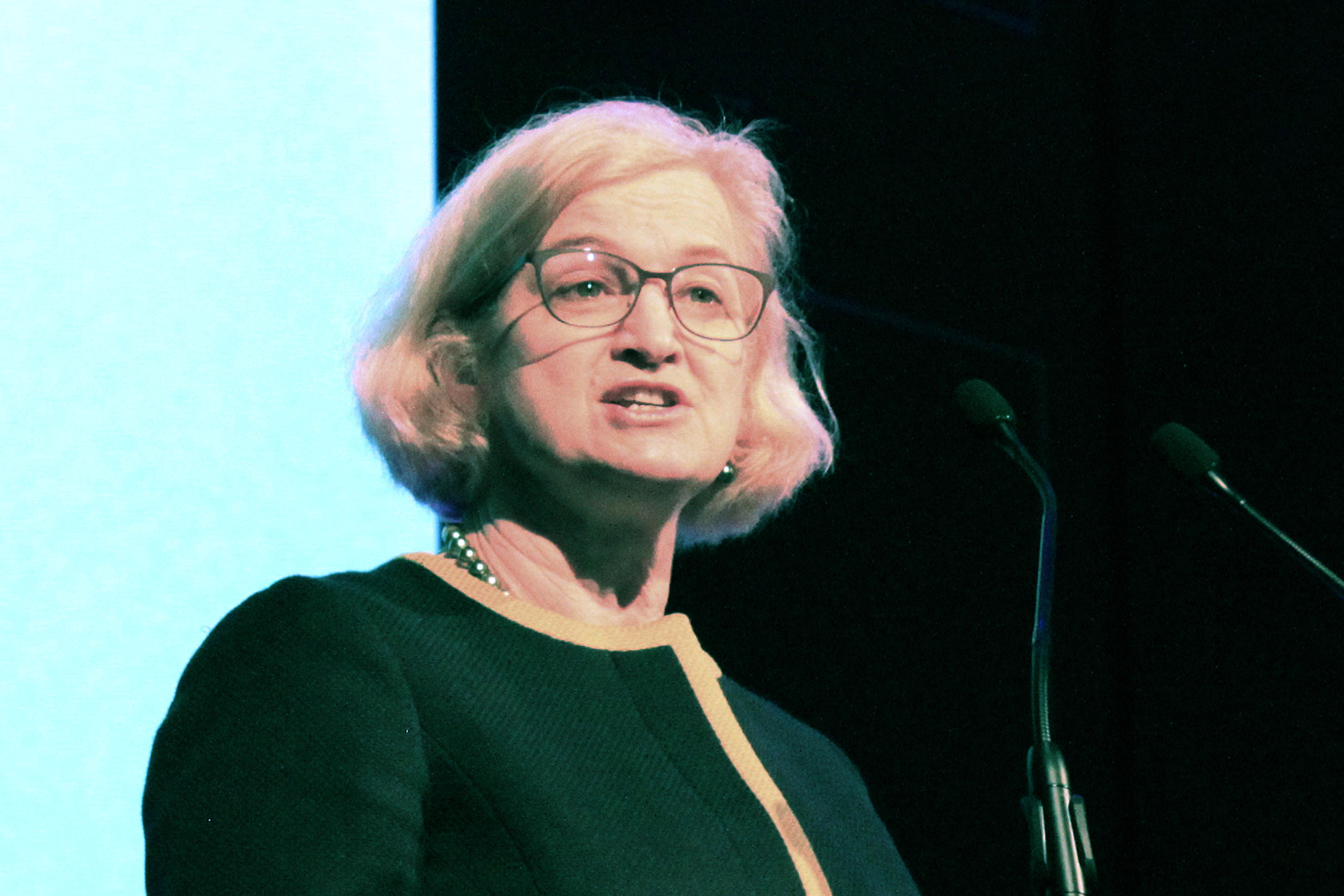Revealed – what parents really think of Ofsted
Surely the era of ‘outstanding’, ‘good’, ‘requires improvements’ and ‘inadequate’ schools is coming to an end, writes Ed Dorrell


It’s a long time since Ofsted has been caught in the focus of negative media attention for such a sustained period – if ever.
Even when the inspectorate has made big headlines it has been, for better or worse, usually because its boss – grandly called Her Majesty’s Chief Inspector – has excoriated some aspect of schools or schooling.
It is a rare thing indeed for it to have the focus of national debate actually turned in on its methods, in the way that it has in the days since the tragic death of headteacher Ruth Perry earlier this month.
I have no intention of commenting on the awful details of Perry’s apparent suicide – the facts of the case are yet to be established – but what I do think is important to discuss is how the country (specifically the nation’s parents) have responded.
For a few days last week, and over the weekend, it was almost impossible to turn on the radio or the TV and not stumble across members of the general public dialing in to tell tales of how they knew of a school or teacher who had been taken to the cleaners by an Ofsted judgement. From Radio 5, to Talk TV, to LBC to Sky News, the airwaves were inundated with normal people – not teachers – who had a view, often negative, about school inspection.
This is not how Ofsted is supposed to be perceived by the public. It is supposed to be popular with parents: its judgments are supposed to be the guide which they use to navigate the school choice market they are faced with before Reception and Secondary school. It is supposed to be supported by mums and dads in the face of complaining teaching staff.
And so advocates of Ofsted’s cliff-edge way of working – with one-word verdicts and severe consequences for heads who receive a “requires improvement” or an “inadequate” – may have been surprised by the public response.
But I was not.
For a few years I have been talking to parents about the way that “normal” people pick schools, the factors that inform their thinking, and the decisions they make. And for a while now I have been detecting a change in how they respond when you say the word “Ofsted”.
Firstly, and importantly, it is worth remarking that the school system has never been better, and therefore fewer and fewer parents need to navigate a system that is likely to provide a disappointing education. Ergo, the importance of inspection is less, even if you buy into its philosophy.
But secondly, and more importantly, I have also found, long before the last few weeks of news, that normal parents understand the frailty of the current inspection system – and the worrying impact it can have in schools.
This conclusion is based on much more than a few conversations, but it is best summed up by one mum in Wolverhampton who I spoke to in a focus group last year:
“I always used to think that the Ofsted thing was kind of like the rule to live by. So you need to go to an outstanding Ofsted school. Then my friend had her children at an outstanding one and had real issues, so she moved to one that was lower. And actually the children are happier, they’re learning more because [the teachers] are happier, they’re less worried about the paperwork and all the other kind of things and more focused on the children. So it kind of swayed my judgement, because I used to think only outstanding would be the best place for them to go. And now I’m questioning that a little bit and looking at the other things as well.”
This mum is not alone. More and more parents are coming around to this way of thinking.
This is also why, a few days before the awful story about Perry hit the headlines, Labour was on secure political ground proposing the abolition of one-word Ofsted findings and its replacement with a report card. Such an innovation would tell the public, across a number of areas, where the school in question was doing well, where it was excelling and where it needed to improve. In short, it would be more subtle.
This is roughly how parents want to think about primary and secondary choice these days, it seems to me. And polling supports this conclusion too.
Surely – surely – the era of “outstanding”, “good”, “requires improvements” and “inadequate” schools is coming to an end.






Join our commenting forum
Join thought-provoking conversations, follow other Independent readers and see their replies
Comments